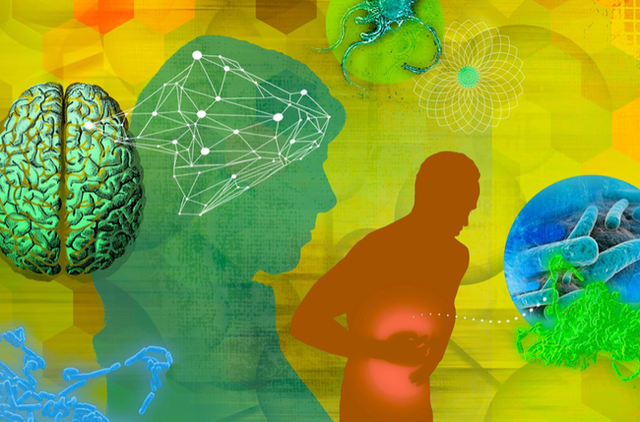Since I was a child I have worn a red cape and enjoyed the experience. It was not until recently that I realized in order to wear the cape; I had to be an "enabler" and put the needs of others before my own. It all started innocently enough. According to the Myers Briggs Personality Test, I am innately wired to sense others' needs and quietly fulfill them. As the oldest daughter in a large Italian family, I expected to help my mother and take care of my siblings. Finally, when I took the Enneagram Personality Survey, which measures one's hidden compulsions, I scored as the "helper" personality. It should come as no surprise that I was attracted to a "helping" profession in order to continue to wear a "red cape". Are you and enabler? If you suspect that you might have co-dependent tendencies, ask yourself the following questions:
Do I make another's problem my own? Do you work harder to solve another's problem than they do for themselves? If you do this, you will not have the time and energy to focus on your own needs and issues. Preoccupation with another's life will distract you from your own growth, as well as, deprive you from doing the things that you want to do.
Do I Play God? Since your interventions are sometimes successful, you can fool yourself and believe that you really have the ability to influence another's behavior or decision. In reality, everyone has what is known as "self-determination" which means that in the long run people will ultimately do exactly what they want to do. While prodding might initially get some results, unless the person is really on board with a suggestion, the result will be minimal and non-sustainable.
Am I Hurting the People I Wish to Help? In rushing to help another, you may actually be dis-empowering them as they come to believe that they can not navigate through life with out your help. Keeping a person's head above water, may be helpful in a crisis situation. But in the long run, when you do not allow them to "hit bottom" they do not take personal responsibility and seek professional help.
Do you wear a "red cape"? If so, THERE IS HOPE AND YOU CAN CHANGE! Although your intentions may come from a place of compassion, there is also intoxication in temporarily assisting others because it helps you feel needed, appreciated or loved. Once you are aware of your tendency to rescue others, even if you are culturally and internally wired to do so, you can resist the temptation. It is important to recognize and to tolerate the discomfort you feel when you fail to help another. Be honest with your motivation and then be gentle with yourself as you try to disengage from the unhealthy behavior. When you are aware that you are enabling, you may want to try the following tips:
Identify the "Hook" - Is this a habit? Is this the expectation of your family or friends? Will the person be disappointed and upset with you and see you as uncaring? Do you feel selfish if you do not jump in? Is this the way you show love?
Use ROI - Ask yourself if your action is worth the effort. On a scale of 1-10, how much will your deed help the other person vs. how much will it cost you?
Self Talk -Try using one of these statements: "If the person is not doing at least 50% of their own worrying or work, why should I?" You could also say "If someone has to be unhappy, it doesn't always have to be me".
Co-dependence and enabling are not good for anyone. It certainly does not assist the person you wish to aid and it does not help you. It is important to take other people's wants and needs into consideration but people pleasing usually backfires. Not only do others get annoyed with you, often you will feel frustrated when your assistance is not appreciated or utilized. Are you an enabler? Does your focus tend to be other directed? Do you tend to go the extra mile for others and feel unappreciated and drained from your efforts? The invitation in life is to be considerate of others while staying considerate of self. This month, I invite you to take off your red cape and step back from rescuing others as you "Let go and Let God".
BLOG QUESTIONS: 1. Who is the person you enable the most? 2. What is your underlying motivation?
"...The life of a Caretaker is as addictive as the life of an Alcoholic".The Book of Awakening by Mark Nepo
Source: Ezine






